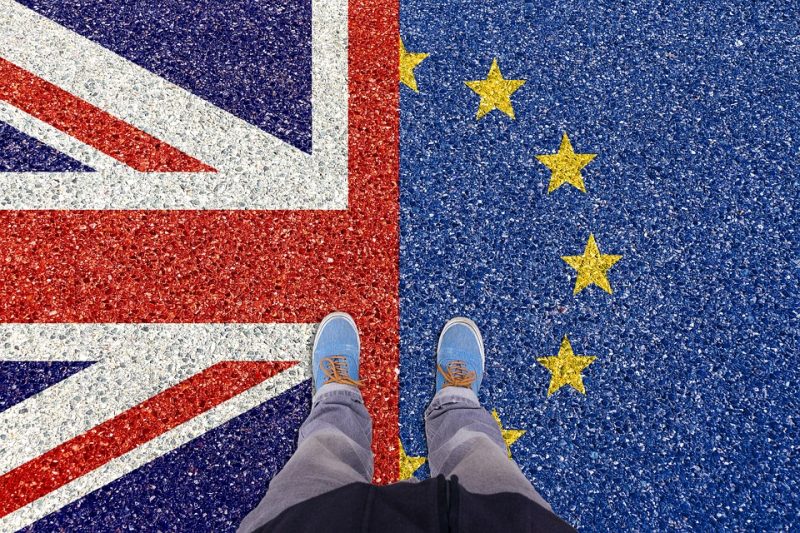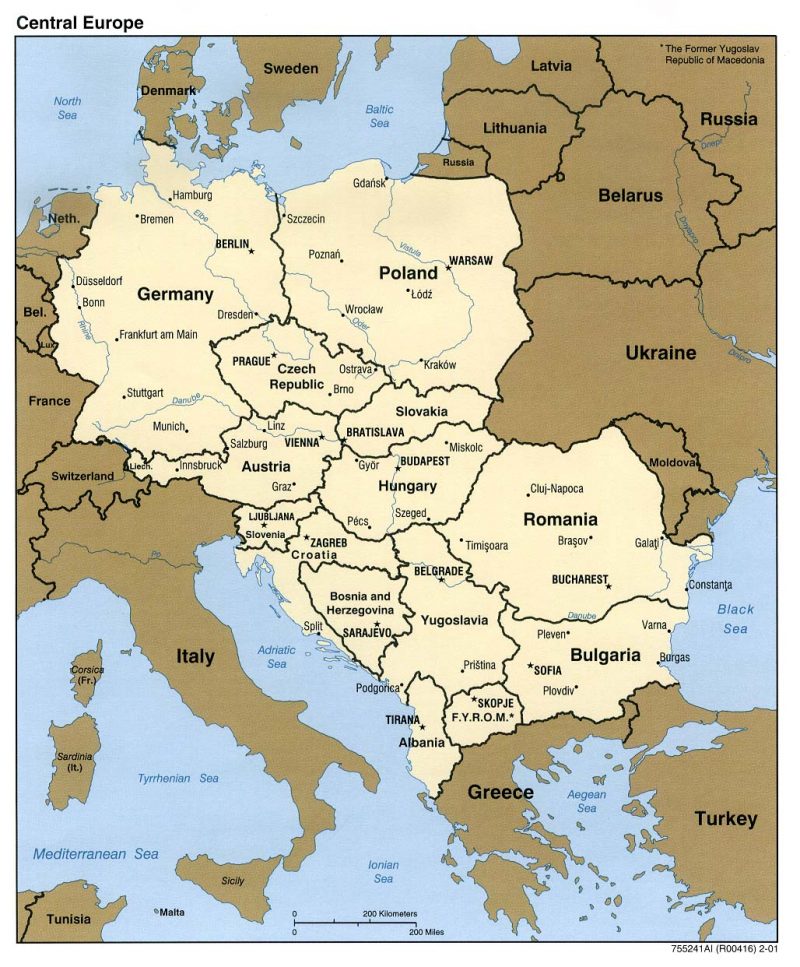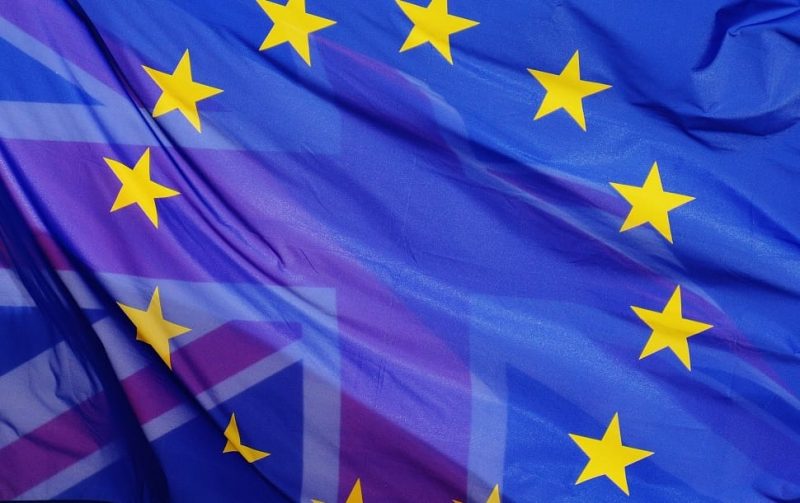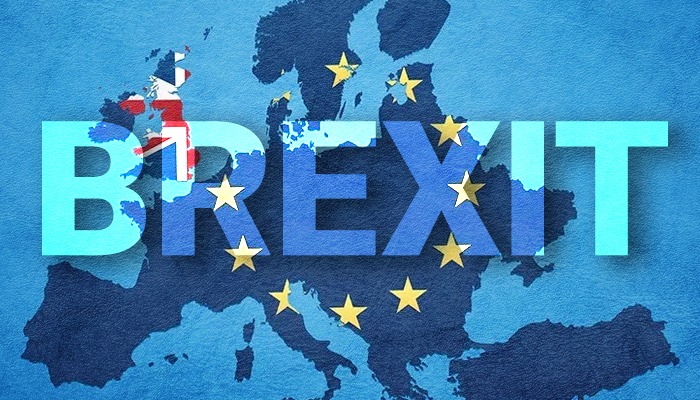The most important question for the European Union today is whether BREXIT signals the beginning of the end for the entire bloc, or will ultimately serve to discourage other countries from attempting to cut ties.
BREXIT: a denial of democracy
No one was more surprised by the result of the 2016 Referendum on BREXIT than the British people themselves. Up to the very last moment, even the strongest supporters of leaving the Union were absolutely sure that those in power would do something to stop it, that the political elite (both local and European) would overrule the will of the people. The murder of MP Jo Cox a few days before the referendum seemed to be the final proof that there would be no BREXIT, that society would again be pushed into a complex of guilt and the imagined threat of “extremists”– in a word, that after this prolonged circus of democracy, everything would remain the same. However, for now, it seems that the show must go on, and that that it might go on for much longer. This is no longer just about denying the people of the UK the right to the choice they made democratically, it is now also about humiliating them for making it. It is about laughing at them and ridiculing the democratic mechanism itself (allegedly the foundation of Western identity). Simply put, it is about making the people realize that their voices and votes have no meaning.
Of course, we can also see the endless BREXIT process as part of a struggle between various factions of the Western establishment (more in economic terms than political) and wonder if a successfully divorced United Kingdom could become part of a new geopolitical order focused on old-fashioned industrial Capitalism, adhering to slightly more traditional, conservative ideological content and propaganda. This would run counter to the foundation of Great Britain as the premier nation representing Global Financial Capitalism.
Finding itself in a World free of American dominance poses a serious and existential question for Europe: will it be able to make a last passionate effort and become one of the centres of the multipolar world, or will it play a passive role in America’s death convulsions and help it in its struggle to secure as many assets as possible before the inevitable moment of transition. Europe does have another choice. It has the opportunity to be an active participant in the coming transformation. What exactly this transformation will look like is impossible to know for certain– it may very well continue the model of liberal capitalism with another country at the center.

Pixabay
Modern Europe is experiencing an identity crisis – its people have been threatened and beaten into understanding that they should not even dream of the possibility they might be able to choose their own future. As the endless disputes over BREXIT unfold, the gap between the political/economic elite and the rest of the UK has become a microcosm for the entire EU. Although there is nearly universal awareness that the EU must undergo a significant transformation, the political elite are ready and willing to do everything in their power to maintain the status quo. This is precisely what is happening now in the UK, where the idea of leaving the European Union is being discredited through the obstinance and stubbornness of certain political forces, regardless of the costs and what it might imply after hundreds of years of touting the virtues of democracy. While democracy has been invoked ad nauseam as the element that separates liberal governments from the rest of the world over which they claim dominion, it is now all too evident that the word was merely a smokescreen for the of a certain political class, both in London and Brussels.
No one knows with any certainty what will happen on the 31st October (the BREXIT deadline as declared by the British Prime Minister Boris Johnson)… in fact, no one can say for sure it will happen at all. Almost the same vacuum exists in regards to forecasts about the future of the EU. In other words, nothing is happening at the same moment it seems to appear that everything is happening at once.
The European Union as a trap for Central Europe
The crisis of the European Union as a project is almost as obvious of a failure as the experiment of the United Kingdom. For all the uncertainty in the UK today, one thing remains clear: in a few years, the UK will cease to be “United”, and not only will Scotland leave to forge its own geopolitical path, so will Northern Ireland and Wales, followed by Gibraltar… perhaps even Cornwall. National sovereignty trumps Unionism, even in the British case where it has existed for nearly 300 years– and pan-European unionism is certainly even more artificial. The European project, although much younger, is defending itself more efficiently, despite very clearly being the biggest Hoax of the modern political world.

Wikimedia commons
Let’s take a close look at the crisis of the European Union from the point of view of Central Europe. Over the last 30 years, practically everything that has taken place politically in this part of the world has taken place under the rubric of the “Old-EU”. This means that everything that happened to Poland, the Czech Republic, Hungary, Romania, the Baltic states and the countries of the former Yugoslavia, be it in terms of economy, outlook or geopolitics, was conditioned and directed solely via the economic and ideological interests of the West, and more specifically, of the European Communities which served as subcontractors for the United States.
A typical example that illuminates this reality is that for almost 20 years in Poland after 1989 (i.e. after the fall of the Eastern Bloc) no new express roads were built, as they were to be created only when they would prove beneficial to the Western economy. And yet, this is still a better situation than what is happening in Albania, Montenegro or Macedonia, which are still in the process of attempting to join the EU. These countries, in their current form, were essentially invented in order to join the European Union… yet, just as they finally came close to actually doing so, it turned out that that the Union they had changed so much to accommodate might soon not even exist, or be limited to the original beneficiaries of the European Coal and Steel Community.
The West no longer needs any of the additional resources which can be found in Central Europe– with the exception of a cheap labor force to be brought over and included in the Western tax and pension systems. So, the question arises: why should the pro-European and pro-liberal Governments in Tirana, Skopje, Podgorica (and also Pristina) continue down this path at all? Their “leaders” are in reality little more than servants who instinctively follow their masters ready to clean out their urinals for free, not even asking for a word of gratitude in return.
Europe as a second Puerto Rico
The key question for the West now is whether to remain the European Union or to become Europe again. This is not a purely formal issue, it goes beyond organizational or legal solutions: it is a question of fundamental identity, both in terms of the values on which the modern Western world was built and its dominant geopolitical tendency. There is a popular joke that Europe has essentially become a second Puerto Rico– a joke that is only funny because it has been repeated now for much too long. A Europe with an understanding of its own geography, of the Mega-Continent of which it is a part, is only natural, even if such an idea seems like an impossible and huge breakthrough in the contemporary moment. As we know from the British example, the direction Europe is heading is only one part of the equation: it is also important to be aware of who it is traveling with.
Simply put, the question remains: will Europe simply rebrand and keep its current structure? Will the weaker part of Europe be organized into a new shape by supporters of dependence (what they might call an “alliance) on the United States? This second solution is clearly preferred by the pro-Atlantic/pro-American forces such as the current administrators of Poland and Hungary, who, in pretending to handle internal political problems, like to juxtapose a “good alliance with the US” to the “bad dominations of Brussels / Germany.” Of course, this distinction is essentially meaningless, as the European Union remains part of the structure of American Hegemony and global Unipolarity, at best wishing to further saturate it with so-called “Democratic Capitalism.”
Bilateralism or Two Unions?
Again, however, the British example may be decisive. If we assume that BREXIT will take place, then an alternative to the current EU structure will be a particularly important element, unambiguously connected to agreements between the United Kingdom and the United States. It is obvious that Poland, Romania and the disappearing Baltic nations will never replace Great Britain with the US, especially in terms of industrial and financial global structures.

Peakpx
The problem is, however, that Washington’s current offer to London is unclear, illegible and not exactly attractive. It seems that American policy, currently personified by Donald Trump, has come to the same conclusions as the leadership of Russia, China and regional emerging powers (namely Iran, Turkey and Pakistan), namely, that the era of permanent coalitions and blocks is coming to an end, to be replaced by a dense network of task-oriented and often rather short-term bilateral systems.
Sure, some countries will continue to have closer long-term connections than they have with others, but this would nonetheless undoubtedly be a departure from the “Two Unions” – European and American. And this is hardly surprising– what would connect, for example, Great Britain, which still has global interests (especially financial ones) and, say, Poland, which is, in practice, only a small part of the German economy?
The close facilities of the old Union (i.e. countries such as Germany and France) are still needed more-so by Paris and Berlin – primarily as a source of cheap labor and a market for German products and investments. After all, America already has separate instruments for milking cash from Central Europeans: NATO defense spending (ever-increasing as a result of Russophobia and fear of one Vladimir Putin) and energy resources. Above all, however, a separate phenomenon occurring very far from the Old Continent may be of even more decisive importance for the future of Europe.
China or reform through stagnation?
If the American policy shift toward China and the Pacific turns out to be permanent, the entire Euro-Atlantic circle will lose significance, becoming only a second or third front of the American-Chinese rivalry. Of course, this region will always maintain some degree of importance in terms of economics, new technologies, communication routes and capital flows, but they would become increasingly subordinate to other geopolitical interests. It will still be important which countries set up the structure for 5G technology and whether the signal will be sent to Apple or Huawei phones, but the institutional form secures these interests may turn out to be largely irrelevant.
For the countries of the Western European borderland, this may mean a deepening of their peripherality or their falling out of the path of development altogether. Paradoxically, rivalries and even geopolitical and economic confrontations can be a positive factor for national development. Of course, this kind of development came along with the threat of total annihilation during the Cold War, but it was development all the same. Poland, Romania, Lithuania, the Balkans and others are a far less important factor in the ongoing American-Chinese clash, which could leave them doomed to stagnation as bases of European poverty.
Hopes that could appear, e.g. due to the decrease in US-Russian tension, and even support given to the further diversion of “Two-Speed Europe” as an opportunity to increase the subjectivity and significance of the “New Union” (this “American one) – so it seems to be only Utopian. Thus, the project of the EU as a whole appears more and more akin to the embarrassing course of BREXIT: everyone understands that something has to give eventually, and few doubt that it will most likely only occur at the point of the complete fatigue of human material. A reform of the European Union (as well as defining of the new geopolitical position of UK) will not be a heroic, one-off decision, backed by a bold vision of facing current and upcoming primary issues– it is much more likely that the EU (as well as the UK) will change by force of inertia, by simply boring the observers and voters into submission.

















Leave a Reply